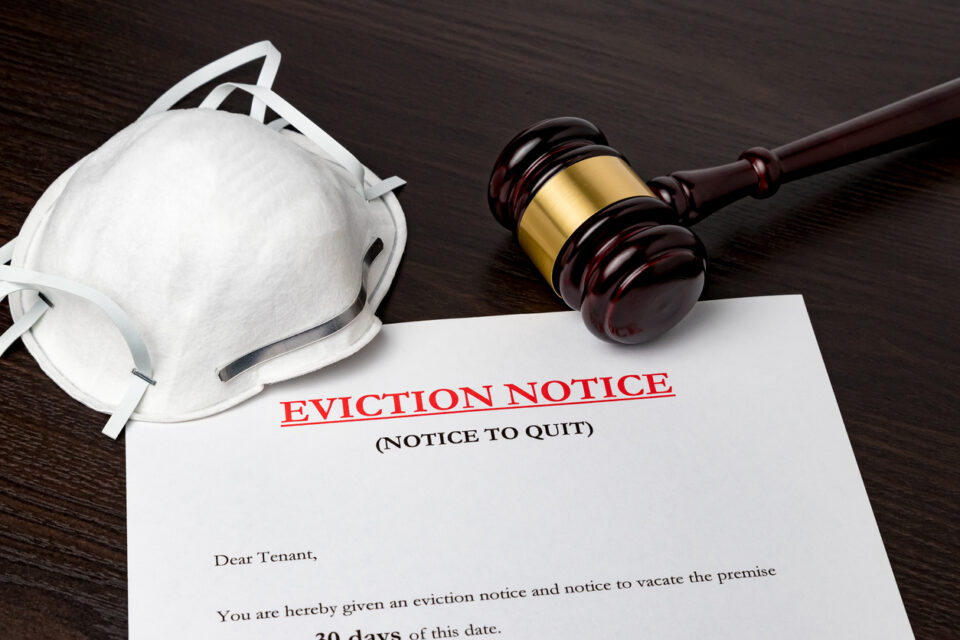Illinois Eviction Moratorium Extended Again – With Revisions

On Friday, December 11, Governor J.B. Pritzker once again extended the statewide moratorium on residential evictions with some new requirements for landlords as explained below. The current moratorium shall remain in place through January 9, 2021. As a reminder, and as we told you here, the Governor’s Executive Order entered on November 13, 2020 for the first time since the inception of the pandemic and the imposition of the moratorium imposed restrictions on who qualifies for the moratorium – extending it only to “covered persons.” The latest Executive Order continues those restrictions and prohibits the filing of an eviction action or enforcement of an eviction order against a “covered person.”
The Order defines “covered person” as any tenant, lessee, sub-lessee, or resident of a residential property who provides to their landlord, the owner of the residential property, or other person or entity with a legal right to pursue an eviction or possessory action, a Declaration under penalty of perjury indicating that:
- the individual either (i) expects to earn no more than $99,000 in annual income for Calendar Year 2020 (or no more than $198,000 if filing a joint tax return), (ii) was not required to report any income in 2019 to the U.S. Internal Revenue Service, or (iii) received an Economic Impact Payment pursuant to Section 2001 of the CARES Act;
- the individual is unable to make a full rent or housing payment due to a COVID-19 related hardship, including, but not limited to, substantial loss of income, loss of compensable hours of work or wages, or an increase in out-of-pocket expenses directly related to the COVID-19 pandemic;
- the individual is using best efforts to make timely partial payments that are as close to the full payment as the individual’s circumstances may permit, taking into account other Non-Discretionary Expenses; and
- eviction would likely render the individual homeless—or force the individual to move into and live in close quarters in a new congregate or shared living setting—because the individual has no other available housing options.
New requirements imposed through the most recent order include that the form declaration provided to the tenant must be served on them at least 5 days prior to the issuance of a notice of termination of tenancy and that service of the Declaration must comply with the requirements of service for a demand under section 211 of the Eviction Act, which requires service by leaving a copy with a person age 13 or older in possession of or residing at the premises; by sending certified or registered mail, with a returned receipt from the addressee; or, if no one is in actual possession of the premises, then by posting on the door.
Finally, the Order provides that “[a] person or entity may not commence a residential eviction action pursuant to or arising under the [Eviction Act] against a tenant who does not owe rent unless the tenant poses a direct threat to the health and safety of other tenants or an immediate and severe risk to property” and that “[a] tenant shall not be required to provide a Declaration if they are covered by this section.”
Please contact Levenfeld Pearlstein’s Real Estate or Litigation attorneys if you have any questions regarding your rights or obligations under the most recent Order.